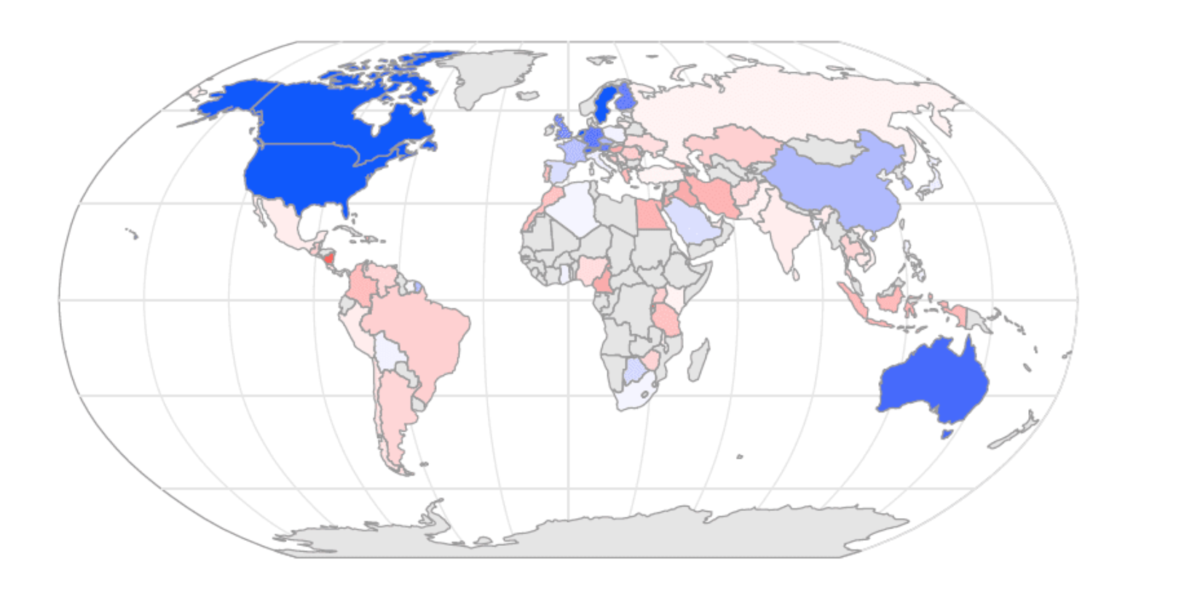
By JOACHIM KLEMENT
When it comes to my financial preferences, I am stereotypical German. If it was up to me, I would have an incredibly high savings rate, consume little, have no debt, and invest whatever I save for a rainy day and a comfy retirement.
My wife is the polar opposite. The expression “forgone consumption” does not exist in her dictionary and debt is something to be embraced in large quantities. I like to joke that when I met here I learned a completely new definition of the word “shopping”.
Patient people tend to be wealthier and happier
I have written in the past about research that shows that on a country level, peoples who are more patient tend to be wealthier and happier. And on an individual level, people who are more patient and able to wait for delayed gratification have higher retirement savings and a better life in general.
It is true that there are differences between people that determine how patient a person is. Women on average are slightly less patient than men, people who are worse at maths tend to be less patient and older people tend to be more patient. And since my wife is a woman and worse at maths than I am, I think it is no surprise that she is a less patient person than I am.
But you can take patience too far
However, a new research paper, The Cost of Being Too Patient, suggests that you can be too patient for your own good. Incredible as it may sound, if you check the link between patience and self-reported happiness the most common measure used in happiness research), more patient people tend to be happier, but only to a point.
Once you enter the top 6% to 8% of most patient people in the world, the researchers found, your life satisfaction peaks and then starts to decline. Shifting to the top 1% of most patient people in the world reduces happiness by about a quarter of the difference in happiness between people with a college degree and a high school diploma. In other words, misers are less satisfied with their lives.
Finding the right balance
This also explains why my wife makes me a happier person. Without her, I would probably be in the top 1% or so of people who delay gratification. But thanks to her, I save less and enjoy life more. And that pulls me back towards the top 10% or so and clearly makes me happier. And now, I even have statistical proof for that.
Robin writes:
Is it true, as Joachim suggests, that Germans tend to be more patient than other nationalities and more willing to forgo instant gratification? The evidence provided in a 2018 paper called Global Evidence on Economic Preferences shows it is.
The bluer the colour, more patient a country is; the redder the colour, the less patient it is.

Source:
Global Evidence on Economic Preferences (Armin Falk, Anke Becker, Thomas Dohmen, Benjamin Enke, David Huffman, Uwe Sunde), The Quarterly Journal of Economics, Volume 133, Issue 4, November 2018
JOACHIM KLEMENT is a London-based investment strategist. This article was first published on his blog, Klement on Investing.
Are you interested in reading Joachim’s other articles for TEBI? Here they are:
Are investors happier to trust an algorithm than a human?
Are we really heading for a zombie apocalypse?
Investors who smoke earn lower returns, study shows
Are we seeing a green bubble forming?
Does our obsession with property make financial sense?









